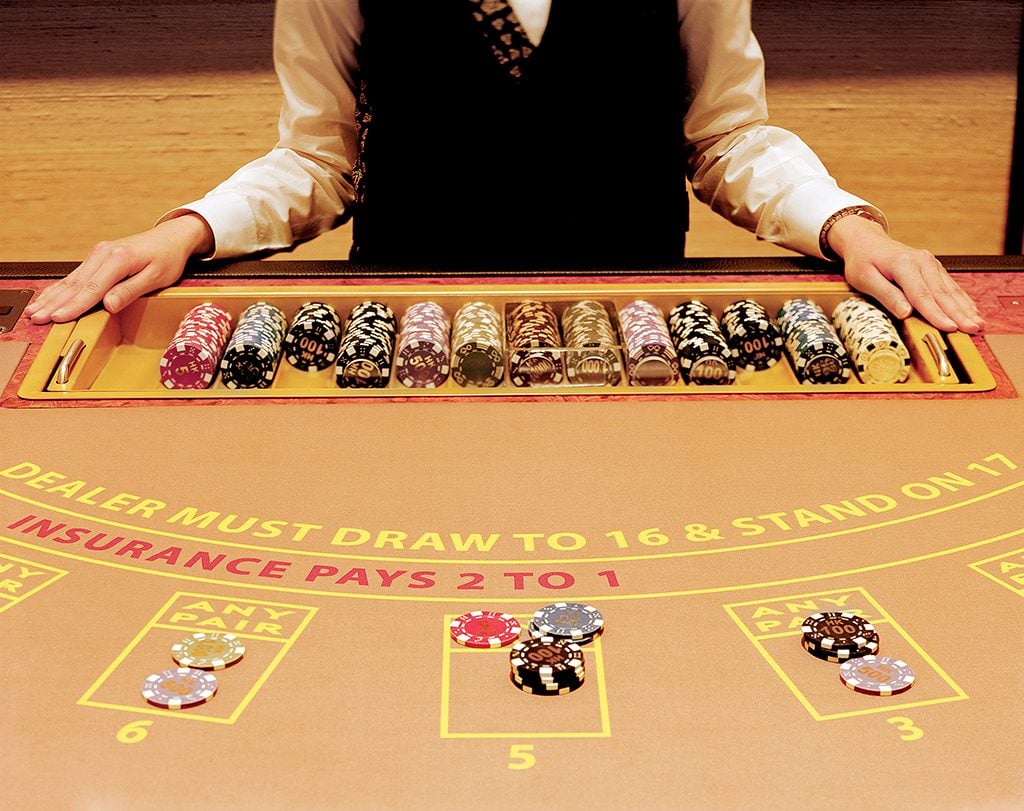Latest Updates
Featured Posts
Get in Touch
123 Innovation Street
Tech District, CA 94105
[email protected]
+1 (234) 567-890
Healthy rutine for your healthy lifestyle.
22 Sep 2022
Best tourism site all over the world.
22 Sep 2022
The Relationship Among Gambling Games and Math

Gambling games have enthralled enthusiasts for centuries, pulling them into a universe of excitement, luck, and fortune. From the sparkling lights of slot machines to the strategic intensity of card tables, these experiences offer a special mixture of entertainment and exposure. However, beneath the shiny exterior of this glitz and style lies a intricate connection of calculations that influences every conclusion and decision made within the gambling establishment.
Grasping this relationship between gaming activities and math not just enhances the player's journey but can also help participants make informed decisions. Whether you are a recreational punter or a dedicated follower, recognizing the numerical strategies at play can offer important insights into chances, odds, and approaches, ultimately shaping how one tackles these games of luck.
Mathematical Likelihood in Betting
In the world of casino games, mathematical likelihood plays a crucial role in determining outcomes and guiding player choices. Every game has a distinct set of rules and a particular probability framework that affects its mechanics. For example, in activities like the roulette wheel, players must comprehend the probabilities of landing a specific digit or color. The probability of specific events happening can be computed, and this understanding can substantially influence betting strategies.
Players also need to be aware of the casino advantage, which is the mathematical benefit that casinos hold over gamblers in the long run. This advantage varies across various games. In 21, expert players can use strategies to minimize the casino edge to as low as 1 percent, while in activities like slot machines, the house advantage can be substantially larger. Comprehending the house edge allows gamblers to make wise choices about which activities to play and the amount to bet.
Moreover, probability is essential in the principle of danger versus reward in betting. Each wager carries a particular danger level, and players must evaluate the potential return against that danger. Games like the poker game require players to not only calculate the chances of their personal hand winning but also to evaluate the likelihoods of their opponents' showings. By applying mathematical concepts to their strategy, players can enhance their odds of success and participate more effectively in the thrilling realm of casino games.
Expected Value in Casino Games
When discussing gambling games, one of the basic concepts rooted in math is the expected worth. This numerical measure helps players understand the possible outcomes of their wagers over a period. In basic terms, expected value (EV) determines the mean amount a gambler can anticipate to gain or suffer per bet if they were to play the activity repeatedly. Each activity has its unique EV, influenced by the probabilities and the casino advantage, which signifies the advantage that the casino holds.
For example, think of a game like the roulette game. The anticipated worth can be derived based on the particular wager made. If a gambler bets on a single number, the return is 35 to 1, but the true chances of success that wager are 1 in 37 (in Euro roulette). This results in a negative expected value, showing that, on average, players will incur a loss money over time when playing this kind of bet. Grasping this concept allows gamblers to make more informed choices about which activities and wagers may be more favorable.
Moreover, the exploration of expected worth can lead to better bankroll management. Gamblers who comprehend the math behind their games are often able to set practical goals. By recognizing their possible losses and gains, they can adjust their playing strategies accordingly, which may enhance their total gambling experience overall. As a result, expected worth serves as a critical tool for both beginner and seasoned gamblers to steer through the frequently unpredictable nature of casino activities.
Strategies and Chances: The Math Behind Winning
In gaming establishments, understanding the probabilities is vital for gamblers looking to enhance their opportunities of winning. Each activity has its own unique set of probabilities that determine winning performances, and these numbers are often presented in the gaming rules or reward charts. For instance, in games like 21, participants can improve their odds through tactics such as counting cards, which relies on arithmetic concepts to gain an advantage over the establishment. By educating themselves with the odds, participants can make more educated choices on when to bet and when to fold.
Additionally, the concept of expected value has a major role in gaming tactics. Average outcome determines the average outcome of a wager over a period, allowing participants to evaluate whether a particular bet is valuable taking. For instance, slot machines have a specific payout percentage, which can suggest the expected profit a participant can anticipate on their wagers. By choosing games with higher expected values, gamblers can reduce the casino edge, boosting their possible rewards in the long run.
Lastly, successful gamblers often utilize a combination of luck and mathematical strategy to improve their gaming experience. While chance is uncontrollable, managing a betting strategy based on math insights can lead to more advantageous situations. By utilizing techniques such as money management and game selection, participants can apply math to handle the random nature of casino games, making the most of their efforts and money at the gaming tables. Xin88